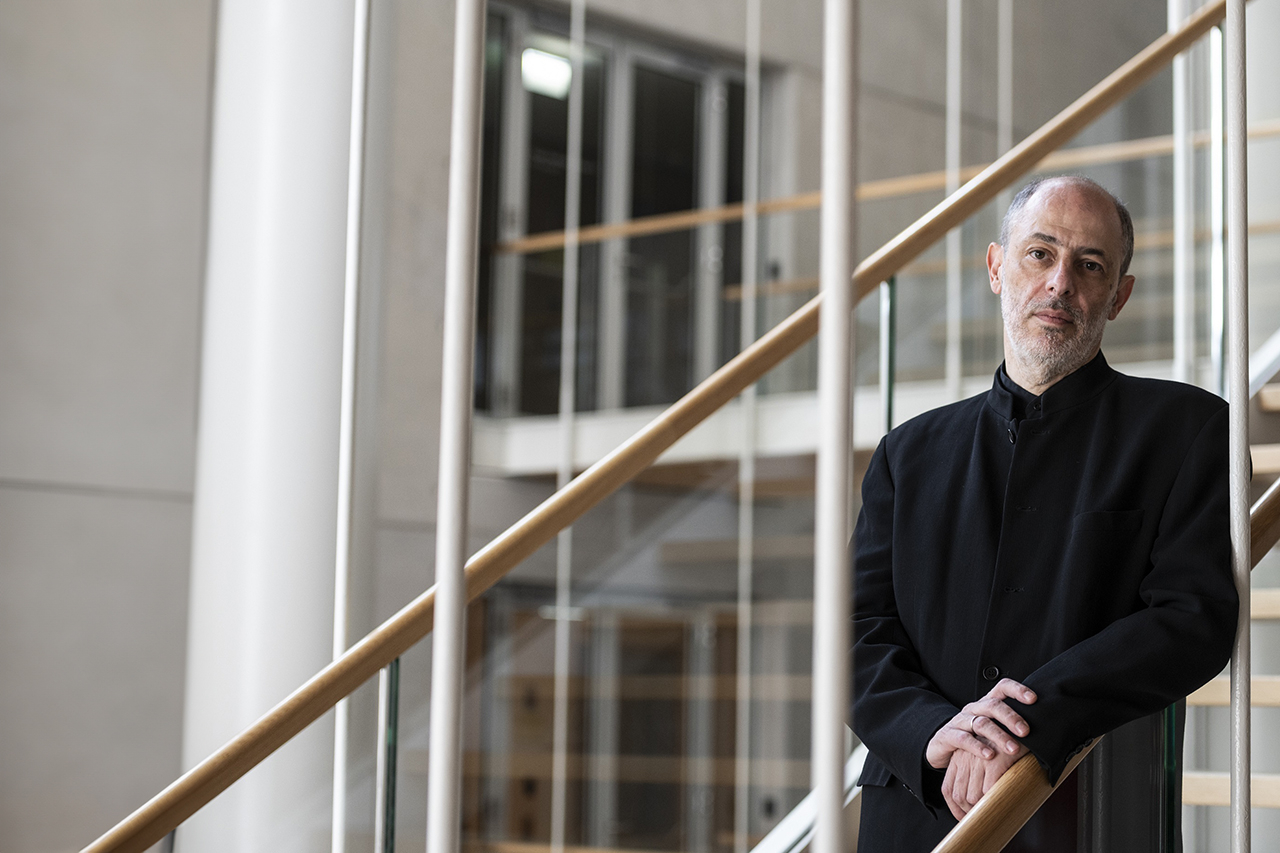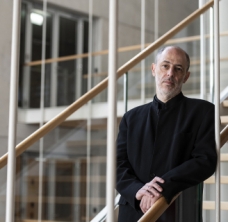
A large part of Philippos Tsalahouris' oeuvre belongs to the genre of sacred music. The composer himself places "devotion", "deep spiritual contemplation" and the "silence of the Word" as key elements of his music. The title The Nostalgia of God refers to the author Dimitrios Kapetanakis, offering a powerful starting point of associations for the audience of these musico-dramatic works. Common to all of them are symbolic names, such as David, Rachel or Lazarus. Their themes, from both the Old and New Testaments, conjure a stark thread leading from "nothing" to "something" and vice versa. Although written at different times, these compositions taken as a whole are capable of forming and keeping alive an environment conducive to reflection, irrigating it with thoughts and meanings from the realms of the invisible and the ineffable.
�
Programme
Philippos Tsalahouris (b. 1969)
David, op. 114 (2020)
for baritone, mixed choir and piano
Rachel, op. 118 (2020)
for soprano, baritone, female choir, clarinet, harpsichord and cello
In Praise of the Wisdom of Sirach [Epainos Sofias Seirach], op. 139, no. 1 (2023)
for voice solo and pedal point
Lazarus, op. 139, no. 2 (2024)
for voice and pedal point
The Nostalgia of God [I nostalgia tou Theou], op. 142 (2024)
for voice, mixed choir, organ and piano
World premieres
�
Philippos Tsalahouris
Studied flute and music theory at the National Conservatory with scholarship. His degrees are paired with distinctions and awards. He is one of the most prolific composers of his generation. Among his more than 140 works stand out the six symphonies, the dramatic cantata Julius Caesar, several one-act operas, concertos, chamber music works, choral music, songs etc. His works have been presented in more than 20 countries by leading ensembles and performers. From 1991 until 2005, he worked at the Greek Art Theatre �Karolos Koun� while he was also collaborating with the most significant theatre companies in Greece. He is the director, theory and composition professor at the Athens Conservatoire. He is a regular member of the Ionic Academy. He was awarded the Papaioannou Award by the Academy of Athens in 2008 as well as the Silver Medal of the City of Rhodes.













